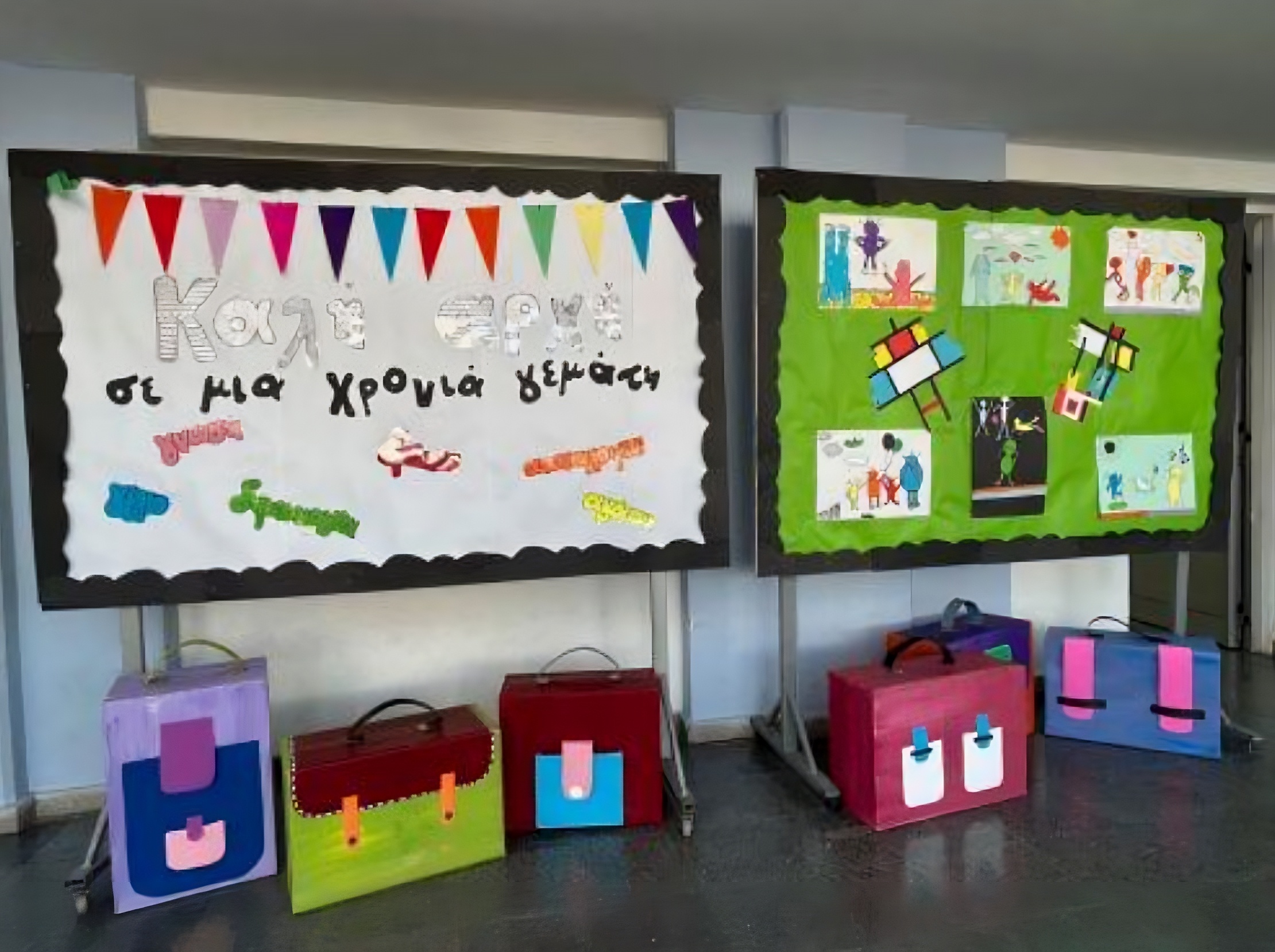Cyprus will introduce financial literacy in primary schools from September 2025, using a children’s fairy tale to teach sixth graders the basics of money management.
The book, ‘70 Interest and a Hole in the Shoe’, written by author Maria Loizidou, will be included in the Health Education curriculum, accompanied by classroom activities.
It introduces concepts such as income, expenses, budgeting, saving for the future and emergencies, as well as borrowing and repaying loans.
Students will also learn to distinguish between needs and wants, discuss social and economic inequalities, and be warned about online fraud.
Professor of Finance at the University of Cyprus and member of the Cyprus Financial Literacy and Education Committee (CyFLEC), Andreas Milidonis, said the early development of money management skills would “contribute to the formation of financially responsible individuals and households for the future”.
“Our goal is to improve knowledge, behaviours and perceptions around financial management, so as to enhance financial well-being and to be able to dedicate more valuable time to more important issues in our lives, beyond money,” he said.
The initiative forms part of the national strategy for financial literacy and education and is described as the third step towards a broader goal.
Milidonis said the next stage is to establish a mandatory Financial Education course in the third year of secondary school, taught by specially trained staff, to help create a more financially resilient society.
He thanked Loizidou for her contribution, as well as health education advisor, Soula Ioannou, and the education ministry team, noting that the “political will and continuous commitment” of Education Minister Athina Michaelidou had been decisive.
The fairy tale itself defines “interest” as a form of digital money, stored in wallets that go “ding!” when received and “boof!” when spent.
“Don’t forget: money is just a tool,” the text adds, aiming to instil a savings culture and a sense of responsibility in loan repayment.
Milidonis said he and his colleagues at CyFLEC remain committed to supporting the ministry in implementing the strategy’s most important recommendation — a stand-alone financial education course at secondary level.
The move follows steps already taken in recent years to tackle Cyprus’ low levels of financial literacy.
“Given our recent economic challenges, equipping young people with financial literacy is not just beneficial, it’s essential,” a ministry official said.
The ministry had already joined forces with the CyFLEC, the Central Bankof Cyprus, the finance ministry and the Cyprus Securities and Exchange Commission (CySEC) to shape a national strategy.
Sanctioned by the Council of Ministers in June 2022, it was designed to integrate financial education into the curriculum, drawing on models from the Organisation for Economic Cooperation and Development (OECD) and European Commission.
That programme began with gymnasium students, where financial literacy was taught over six periods during the school year.
Lessons focused on household budgeting, savings and borrowing, while encouraging pupils to discuss real-life examples from their families and communities.
“We want students to see the relevance of financial literacy in their daily lives and future careers, not just as another subject they have to learn,” the ministry said at the time.
Officials stressed the initiative’s broader ambition to influence not only students but also adults, as children shared knowledge with parents and relatives.
The ministry also rolled out teacher training programmes, aiming to make classes both engaging and practical, and developed evaluation tools such as questionnaires to track progress and adapt material when needed.
A key strand has been digital financial literacy, with the ministry chairing a dedicated CyFLEC committee to address risks from online fraud and data theft.
“Improving digital financial literacy is essential in today’s tech-driven world,” a representative said, noting efforts to embed awareness of online safety in the classroom.






Click here to change your cookie preferences